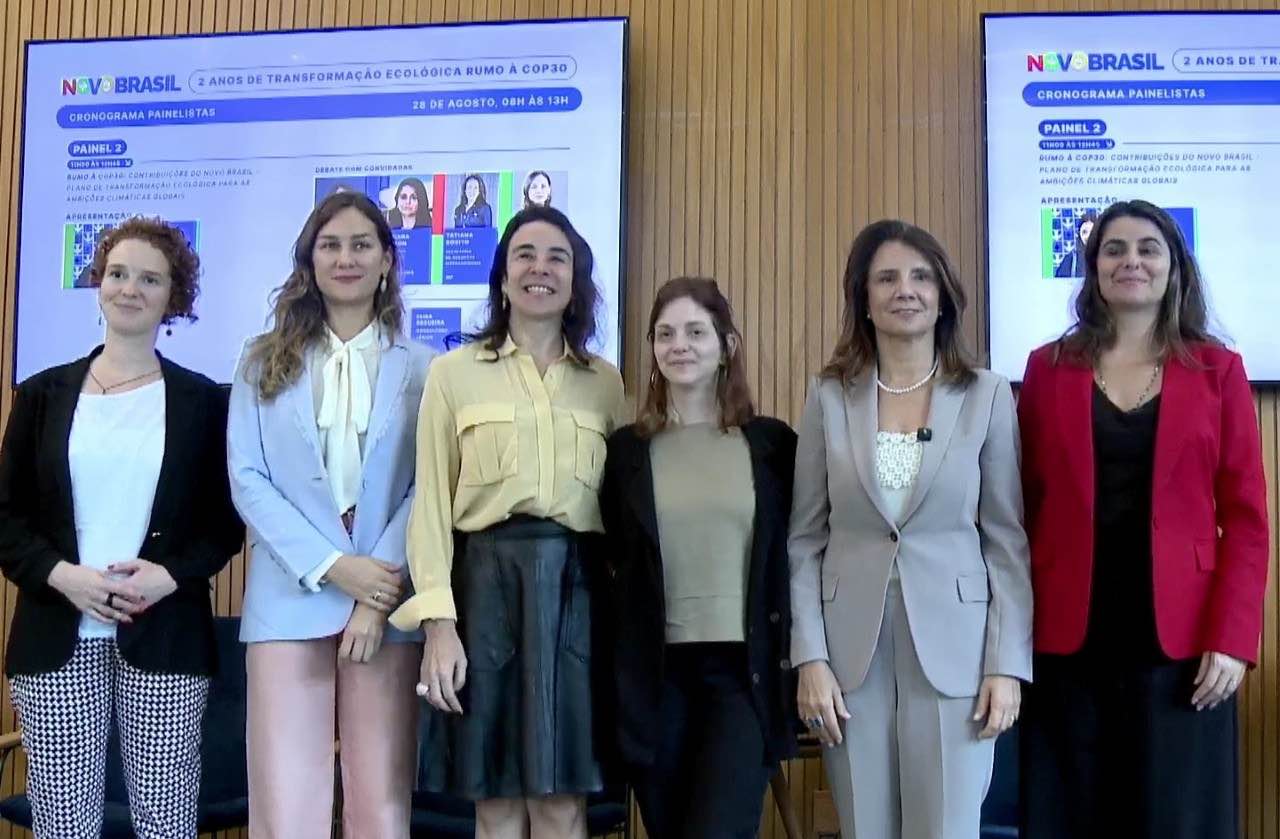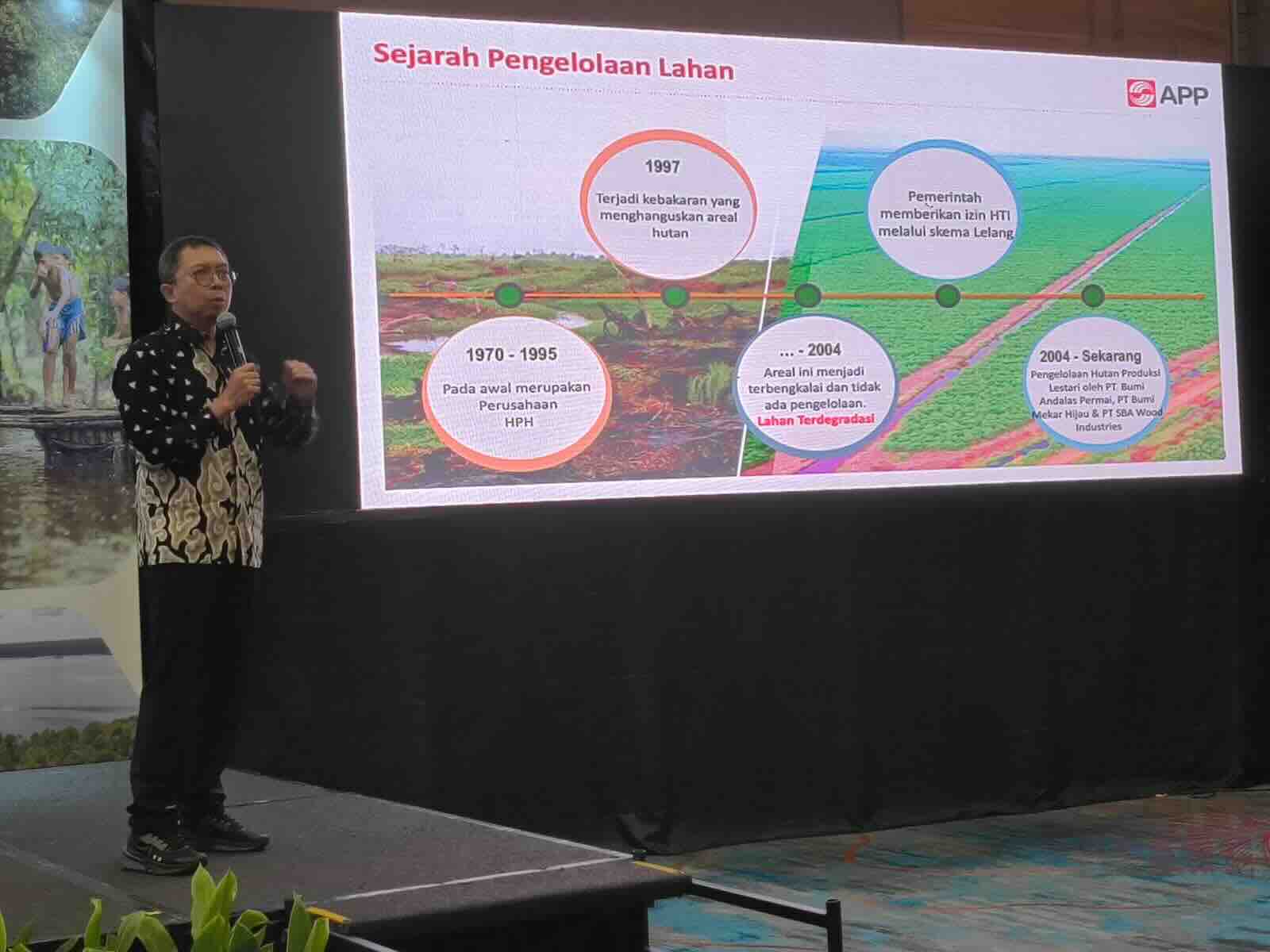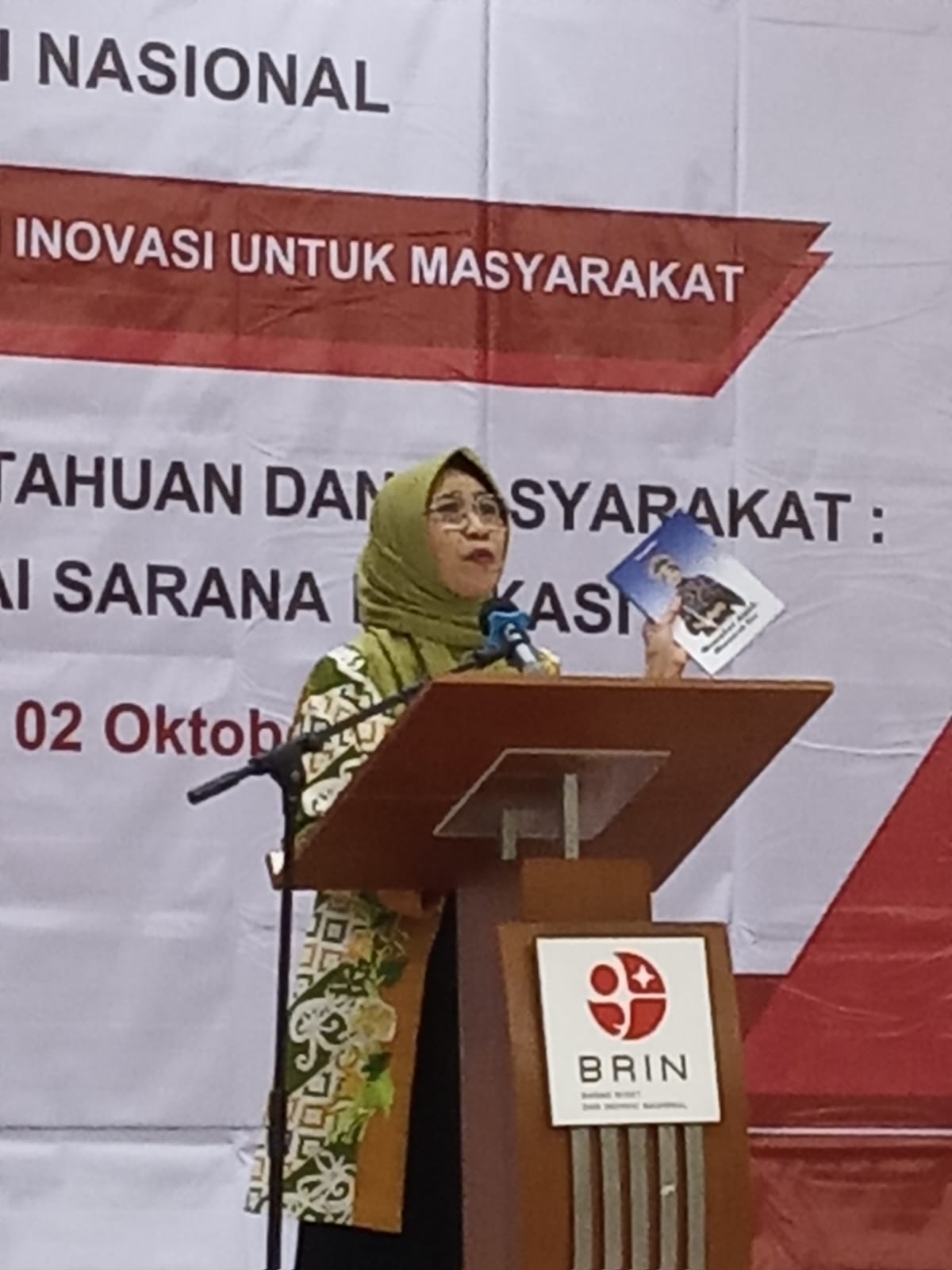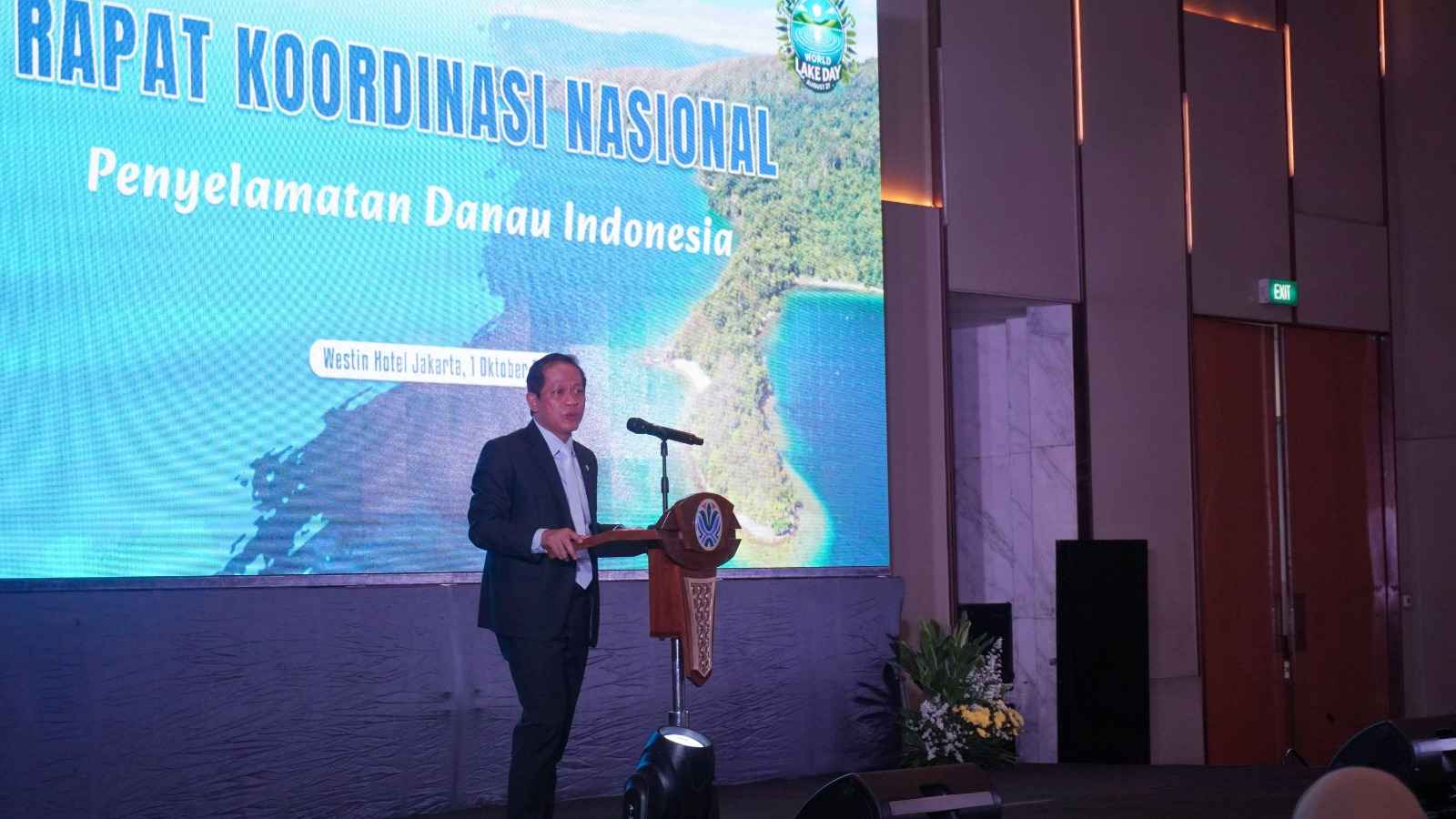Enviro News Asia, Rio – Brazil’s Ministry of the Environment and Ministry of Finance have set a global example by promoting innovative climate financing strategies since the G20 summit.
Their collaborative approach aims to advance sustainable, low-carbon development and has inspired many countries worldwide. These joint efforts are expected to culminate in significant proposals at the upcoming COP30 conference.
At the Rio Climate Week event on August 28, Ana Toni, CEO of COP30, emphasized the conference’s focus on financing as a key pillar for implementing climate action.
She highlighted the New Brazil—Ecological Transformation Plan, a comprehensive framework designed to guide the country’s Nationally Determined Contributions (NDCs) and emphasize practical policy tools.
The Ecological Transformation Pact, endorsed by Brazil’s three branches of government, underscores how international commitments can translate into actionable domestic policy through inter-ministerial and political coordination. Ana Toni shared her positive reception in Mexico City, where environment ministers praised Brazil’s integrated approach.
Toni explained that the COP30 Finance Circle has moved beyond large financial goals to provide detailed mechanisms such as carbon markets, sustainable investments, and global environmental funds.
This initiative supports the development of the Baku-to-Belém Roadmap, which aims to secure USD 1.3 trillion for climate financing in developing nations.
Ambassador Tatiana Rosito, a member of the Finance Circle, credited the coordination among Brazil’s Ministries of Foreign Affairs, Environment, and Finance—initiated by President Lula’s climate task force at the G20—for paving the way to international collaboration.
Significant outcomes from this cooperation include the creation of the Tropical Forests Forever Fund (TFFF). This innovative global fund compensates countries for conserving tropical forests, potentially protecting up to one billion hectares and mobilizing up to USD 125 billion through blended finance mechanisms. The TFFF is slated for an official launch at COP30.
Additionally, the Open Coalition for Regulated Carbon Markets will be introduced to facilitate the integration of national carbon pricing systems and establish unified trading standards internationally. (*)















